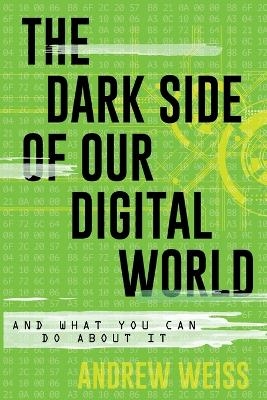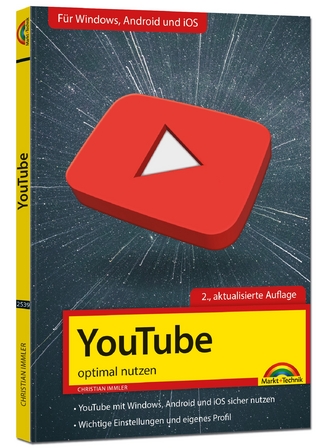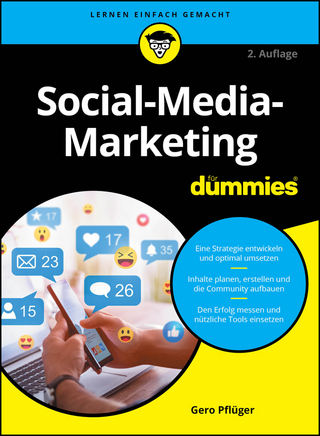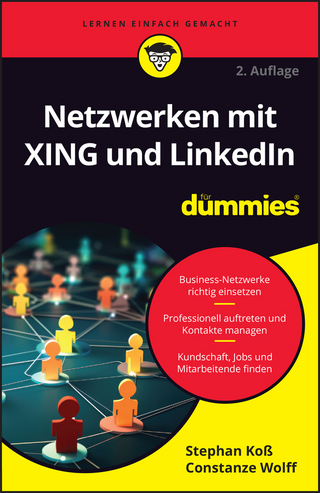
The Dark Side of Our Digital World
Rowman & Littlefield (Verlag)
978-1-5381-9218-4 (ISBN)
An all-in-one guide to understanding and managing the dark side of our digital lives.
It all started out so well: the online world began as an effective tool for communication that carried with it a great promise to level the playing field and eliminate borders. But it’s morphed into something totally unintended. We’ve all had to endure the troll that derails a generally benign conversation; or received that scam email from a wealthy Nigerian prince; or felt the strange feeling of being watched and tracked by advertising companies as we navigate the web. Welcome to the modern internet.
These are but a few of the topics that The Dark Side of Our Digital World: And What You Can Do about It examines to get at the root causes of our current problems with information technology, social media, and problematic online behavior. The book explores the issues raised by the negative side of information technology, including surveillance and spying, declining privacy, information overload, surveillance capitalism and big data analytics, conspiracy theories and fake news, misinformation and disinformation, trolling and phishing.
What’s ultimately at stake is how we are able to cope with increasingly invasive anti-social behaviors, the overall decline of privacy in the face of total surveillance technologies, and the lack of a quality online experience that doesn’t devolve into flame wars and insults. The future of the internet as well as our societies depends upon our ability to discern truth from lies and reality from propaganda. The book will therefore also examine the possible directions we could take to improve the situation, looking at solutions in the areas of psychology and behavioral conditioning, social engineering through nudging techniques, the development of e-democracy movements, and the implementation of public policy.
Andrew Weiss is a digital services librarian at California State University, Northridge. His work is mainly concerned with developing our open access institutional repository and scholarly communication services for CSUN’s faculty, staff and students. He helps with the collection of open access faculty publications, ETDs, university archives, data management and data management planning. He also provides guidance and informal advice about copyright and publisher’s agreements. Andrew’s area of research investigates digital publishing, digital collections, massive digital libraries (MDLs), and, lately, big data and information pathologies – including privacy, fake news and the proliferation of misinformation. He has written a previous book, Big Data Shocks, and numerous peer-reviewed articles and conference proceedings about MDLs, Big Data, privacy, open access, and so on. Additionally, Andrew has written about Open Access and the issues of scholarly communication, too, which also fit within the movement of open science and data management. As a long-time librarian, Andrew believes balancing the need for privacy with creating public personae in the digital world will continue to be a central problem for our profession.
| Erscheinungsdatum | 17.01.2024 |
|---|---|
| Reihe/Serie | LITA Guides |
| Verlagsort | Lanham, MD |
| Sprache | englisch |
| Maße | 151 x 230 mm |
| Gewicht | 386 g |
| Themenwelt | Mathematik / Informatik ► Informatik ► Web / Internet |
| Sozialwissenschaften ► Kommunikation / Medien ► Buchhandel / Bibliothekswesen | |
| Sozialwissenschaften ► Kommunikation / Medien ► Kommunikationswissenschaft | |
| ISBN-10 | 1-5381-9218-7 / 1538192187 |
| ISBN-13 | 978-1-5381-9218-4 / 9781538192184 |
| Zustand | Neuware |
| Informationen gemäß Produktsicherheitsverordnung (GPSR) | |
| Haben Sie eine Frage zum Produkt? |
aus dem Bereich


